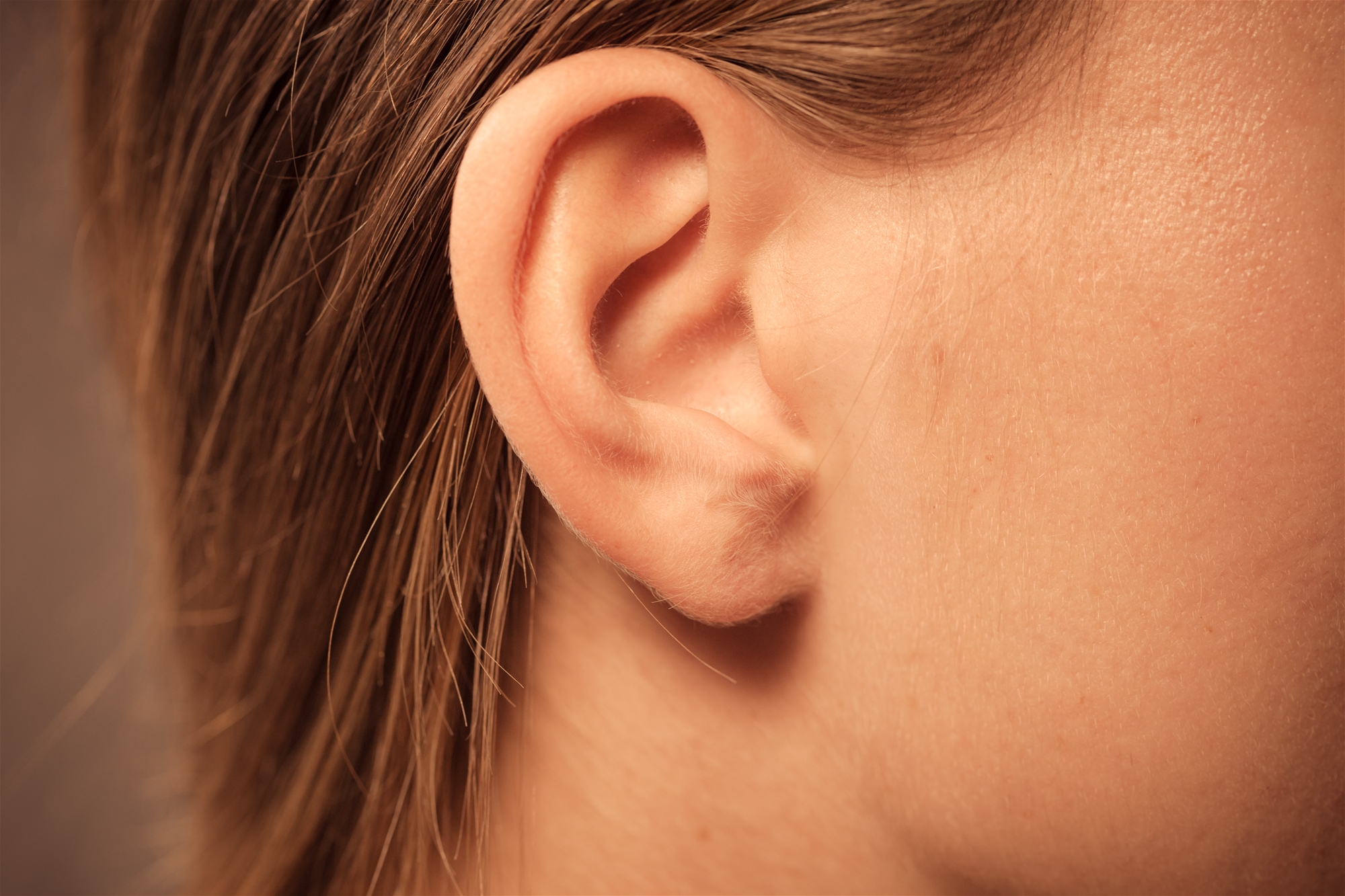Introduction and causes
Preauricular fistula is a congenital lesion. During fetus, first and second branchial arches fuse mutually and thus form the auricle. In the process of fusion, some edges fail to fuse completely and result in formation of a cleft. If the cleft extends to skin with an open end, then a preauricular fistula is developed. In other words, preauricular fistula shows a pit on the skin, but its depth downward and direction is uncertain. The inner path can even be trabecular.
Symptoms and signs
Preauricular fistulae have no obvious symptoms except infection episodes. Due to the similarity of histological findings between fistula surface and skin, there will be sebum secretion and sometimes foul smelling, or some white smelly discharge. Sometimes sebum accumulated in such dead space result in bacterial infection, even abscess formation and soft tissue necrosis. In such cases, antibiotic treatment with probable abscess drainage is indicated.
Examination
Through delicate physical examination, usually only a small hole on the skin in front of or directly at the auricle can be detected. Local redness, swelling, heat and pain are accompanied with local infection episodes.

Treatment
Generally speaking, preauricular fistulae that did not get infected before are not necessary to receive an operation. Some people have preauricular fistulae for the entire life with occasional foul smell and discharge only. They don’t need to receive surgery. But if symptoms and signs of infection occur, probable incision and drainage of abscess as well as antibiotics treatment in acute stage is mandatory. After that, patients need to have fistulectomy.
Fistulectomy is performed under local or general anesthesia, and fistula and granulation around are excised thoroughly to cure disease. Skin incision is performed from orifice of fistula or abscess, and diseased tissue is removed thoroughly. After subsequent delicate debridement, wound is closed with primary suture. A piece of penrose drain often is inserted to prevent fluid accumulation in dead space of the wound ( it will be removed in 2 to 3 days later ). Usually the surgery takes about 30 minutes if the course is smooth. Patients should keep the wound from water and keep it clean in the following 2 weeks.
Prevention
Inappropriate manipulation of the fistulae can easily lead to bacterial invasion. It is important that we should not pick fistula with toothpick or cotton swab and extrude fistula to prevent preauricular fistula infection.

